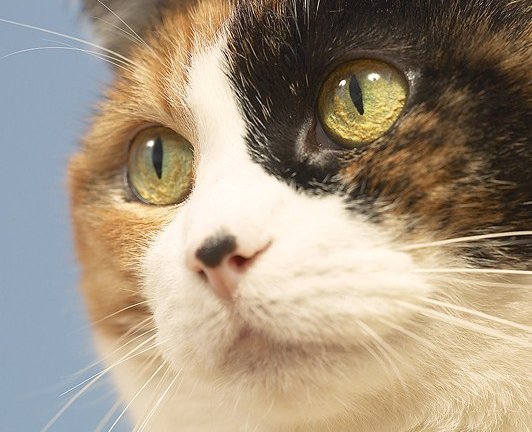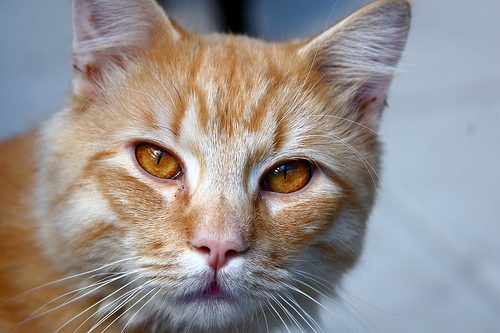Here’s how to read the signs of stress or illness and act fast to help your meow mate.
Your cat depends on you for everything that he or she needs—fresh water, food, a clean litterbox, veterinary care, and, just as important, affection and love. When cats feel stressed or sick, they may behave in uncharacteristic ways that range from dramatic to nearly imperceptible to the casual observer. Here are some telltale signs that your kitty needs immediate TLC and how you can help.
‘Accidents’ Outside the Litterbox
If your feline friend has an “accident,” don’t get mad—get your cat to the vet! Fluffy may have a urinary tract infection, which is very common and can be fatal, especially in male cats, who can become “blocked” and die from a buildup of toxins very quickly. If a urinary tract infection is ruled out, your cat may be unhappy with the cleanliness of the pan (or lack thereof), the type of litter used, the location (is it near a noisy washing machine or in the basement or garage?), or the box itself (some cats prefer covered boxes and vice versa).
Appetite Loss
Cats don’t diet or do the master cleanse, so if your companion animal’s appetite decreases or he or she stops eating altogether, it’s a clear sign of stress or illness. Fasting for several days can be especially dangerous for older cats, so take your cat to a veterinarian as soon as possible for a thorough checkup, including a dental exam. Remember: Kibble shouldn’t be your kitty’s only food—in fact, some experts say they shouldn’t eat it at all. Canned or homemade food has a better ratio of carbs to protein and will help add moisture to the diet to help prevent urinary tract infections. If you want to sever your last ties to the cruel meat industry, it’s possible to feed your cat a vegetarian diet, but it must be done very carefully to ensure that your cat is getting all the nutrients that he or she needs in the right proportions.
Isolation
As independent as cats are, they also like interacting with their guardians and their feline and canine friends. Hiding or spending a lot of time alone is a common sign of stress or pain. Visit your veterinarian right away to help identify the cause of abnormal behavior. Don’t forget that cats need plenty of playtime and other ways to exercise their agile minds and reduce stress. From paper bags and rolled-up balls of paper to motorized “mice” and laser pointers, toys perk up felines. Try putting a bird feeder or a cushioned perch in the window to give your meow mate hours of entertainment.
Overgrooming
It’s normal for cats to lick their paws and clean their coats, but there’s a difference between fastidious grooming and licking a spot raw or bald. If your cat is overgrooming, it could be a sign of an injury, an allergy, or another health problem and it’s time to get to the veterinarian as well as to the bottom of what’s causing your feline to feel unwell.
Aggressive Behavior
If your previously calm and friendly cat suddenly becomes irritable and aggressive toward humans or animals, it could be a sign of a painful illness or injury. Have a veterinarian evaluate your four-legged friend. If medical problems are ruled out, think about what in the environment may have changed to stress your cat, such as rearranged furniture, the addition of a new human or animal to the household or neighborhood, or construction work, fireworks, or other sources of loud noises.
Even “minor” illnesses can turn fatal if they aren’t treated, and regular checkups can prevent or catch diseases before they become serious. Your pawed pal will be grateful for your attention to his or her needs.






